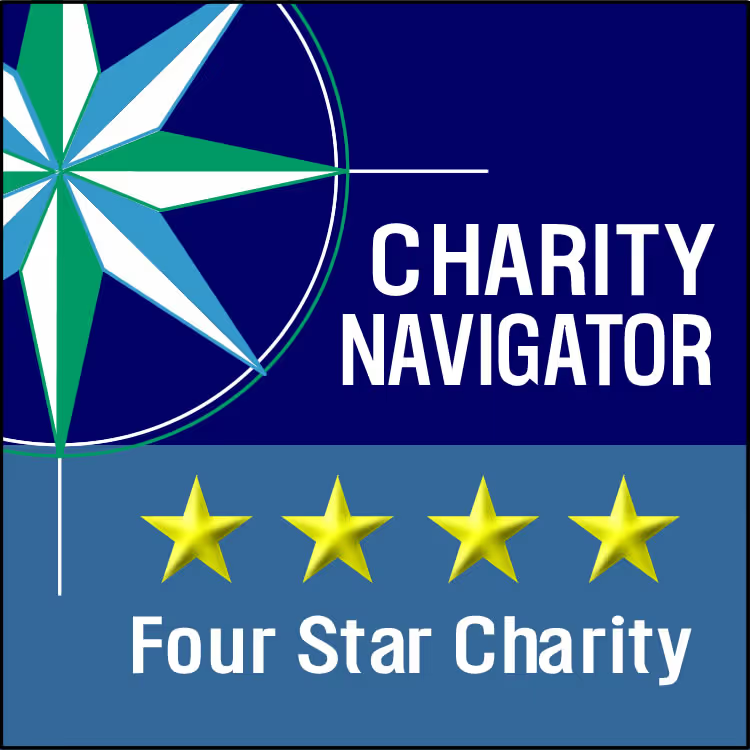Latest Causes
PROJECT ANGEL FOOD JOINS IN RECOMMENDING PRIORITIES FOR 2022 WHITE HOUSE CONFERENCE ON HUNGER, NUTRITION AND HEALTH
Project Angel Food is joining with the Food is Medicine Coalition to recommend seven key policy opportunities for the 2022 White House Conference on Hunger, Nutrition and Health being held in Washington, D.C. this September.
This is the first such conference in 50 years, so it is a very big deal, and it directly impacts Project Angel Food’s work with critically ill men, women, and children in Los Angeles. The 2,400 people Project Angel Food feeds and provides nutritional counseling to every day are not alone. Millions of Americans struggle with hunger and diet-related diseases that take the greatest toll on underserved populations. We have seen with our own work that Black, Hispanic and Native American communities are hardest hit, along with those living at or below the poverty level. It’s time to do something about it on a national level.
Project Angel Food is all about hope and what we have seen is that our Medically Tailored Meals (MTMs) are one of the least expensive and most effective ways to improve our healthcare system in an equitable way.
Therefore, we join with the national association of nonprofit organizations providing medically tailored food and nutrition services who make up the Food Is Medicine Coalition to urge the White House to consider the following seven key policy opportunities to address the urgent challenges facing our country and create a more equitable, healthy America for all.
Our top priority is a commonsense measure that would have an immediate impact: modernize Medicare and Medicaid to make Medically Tailored Meals a fully reimbursable benefit for people living with severe Illness.
Project Angel Food has led the way in showing how impactful this approach can be in reducing costs, hospitalizations and improving the health of critically ill people with low to no incomes. Richard Ayoub, CEO of Project Angel Food explained, “In California, Project Angel Food and five sister agencies were the force behind making Medically Tailored Meals a covered benefit of Medi-Cal. We are thrilled to share our experience with the Food is Medicine Coalition for the 2022 White House Conference on Hunger, Nutrition and Health in hopes that Medicaid nationwide and Medicare also make it a benefit.”
Here is the full list of policy priorities Project Angel Food and FIMC are requesting be incorporated into the 2022 White House Conference on Hunger, Nutrition and Health and the policies that emerge from it.
- Modernize Medicare and Medicaid to Make MTMs a Fully Reimbursable Benefit for People Living with Severe Illness. While the pilots provide important first steps in expanding access to MTM across the United States, they are not sufficient to create widespread, equitable access, to MTMs.
- Fully fund and implement large-scale MTM pilots in the Medicare and Medicaid programs. While not a long-term solution, large-scale pilot programs can be an important first step towards broader integration into healthcare delivery and payment systems.
- Expand Research on MTMs. While there is a rigorous evidence base for the efficacy of MTMs, larger, multi-site studies are the next step in more fully understanding the effects of the intervention in certain populations, and densities of service.
- Promote universal screening for food insecurity and malnutrition. Identifying food insecurity and malnutrition in clinical settings is an urgent priority and supported in official statements by CMS, disease-related advocacy groups, professional physician academies and more.
- Increase nutrition education among healthcare providers. Doctors are often the most important voice in an individual’s nutritional health, yet doctors are not trained adequately on nutrition science in medical school.
- Further build medical coding of food insecurity, malnutrition, and their treatments. We recommend CMS and the American Medical Association develop specific, appropriate billing codes for discrete nutrition services.
- Modernize Healthcare Regulation. Continue recent efforts to modernize regulations implementing federal healthcare laws so that community- based providers can steward data appropriately and participate meaningfully in clinical partnerships.













